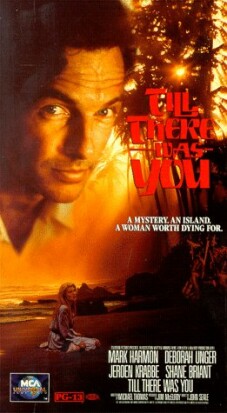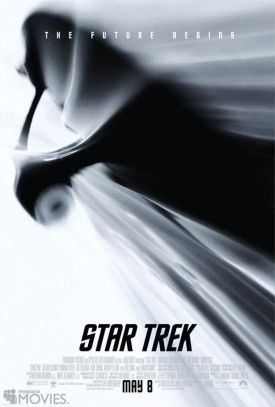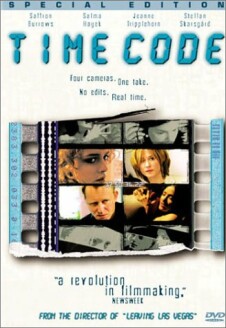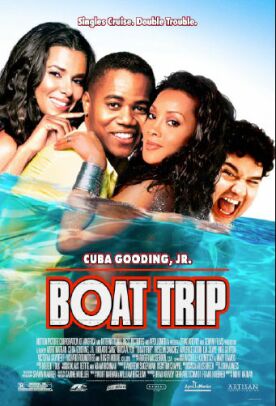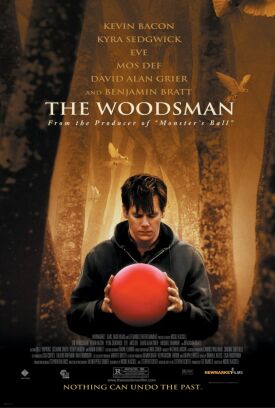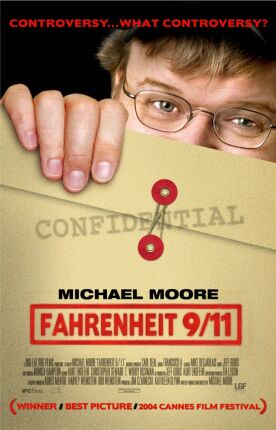Till There Was You
Till There Was You, by Scott Winant, is a leaden and slow-moving
romantic comedy that tries very hard to be romantic, but has very little success
at all in being comic. Jeanne Tripplehorn plays Gwendolyn Moss, a young woman who, as a little girl
in the 1970s, was inspired by the romantic story of her
parents’ meeting (which took place at a Young
Democrats’ retreat during the Kennedy
presidency) to certain romantic expectations of her own life, which she spends
“waiting for that piercing moment of
revelation” when Mr Right will at last come along. Beginning in childhood,
however, her path continually crosses with the man, Nick (Dylan McDermott), who
is destined to be her great love without either of them knowing it. Nick too is
susceptible to romantic ideas. Both of them use the expression:
“everything in my life has led up to
this moment” — she of a dud
boyfriend, he of a disastrous architecture final. It is a cute idea, but it is
spun out at intolerable length and without much wit or charm.
Another good idea which fails in the execution is the character of Francesca
(Sarah Jessica Parker) who had played Taffy, the little girl on a
“Brady
Bunch” like 1970s TV show called
“One Big Happy
Family.” Now grown up she has been
through serious drug problems ( “God, I
loved methamphetamines more than life
itself” ) and is still a spoiled bitch,
given to saying ominously: “This is
extremely non-enjoyable.” Gwen becomes
the ghostwriter for Francesca’s
autobiography at the same time that Nick becomes
Francesca’s latest
boyfriend — because he designed a truly ugly restaurant she likes (called
“The Awful
Truth” ) and
he’s great in bed. Francesca has also
hired Nick’s architectural firm, which
has the Dickensian name of Murdstone and Heep, to redevelop an apartment
building she owns called La Fortuna.
Coincidentally, Gwen moves into the apartments at La Fortuna at the same time
and finds them wonderful and magical besides their having been designed by
“one of the
first” women architects in L.A. who
was also (again coincidentally)
Nick’s architecture teacher in
college. She joins a tenants’
organization to save the building by protesting to the City Council about its
historic importance (Louise Brooks once lived there). Still she and Nick do not
meet, though they are on opposite sides in the planning battle over La Fortuna.
Nick has still not met her when he decides she is right, the place must be
saved. And only then do they meet, by chance, as both are having a furtive
cigarette ouside their first “Nicotine
Users’
Anonymous” meeting.
I like, as I say, the idea. And I like the many false starts, the constant
frustration of romantic expectations until suddenly they are realized just when
our heroes least expect them to be. But the characters are just not likable
enough or the dialogue witty enough for the movie to be a success, and there are
lots of irrelevant characters and incidents floating along on the narrative
stream with nothing to do but clutter it up.
It’s a failure of the writing more
than anything else — which is true of a great many films these days.
Discover more from James Bowman
Subscribe to get the latest posts to your email.

